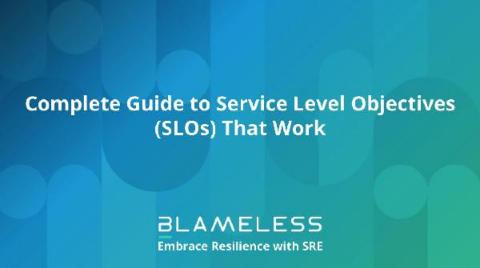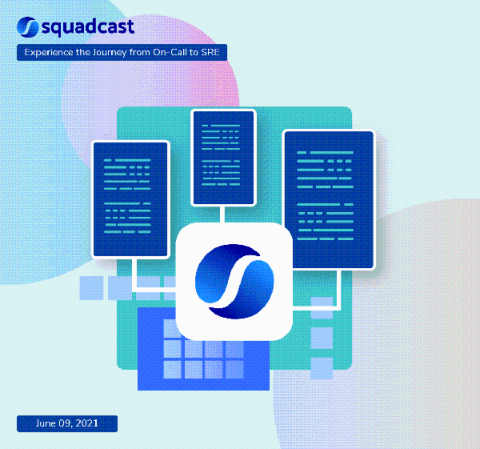7 key processes for running a top performing NOC
Much of the fuel for today’s business organizations is comprised of cloud computing and digital and SaaS applications. So, if something goes wrong with them, there will be a grave impact on productivity, customer satisfaction and even loyalty, as well as on the costs required for resolving the incident, remediating damage, and getting back to business.











